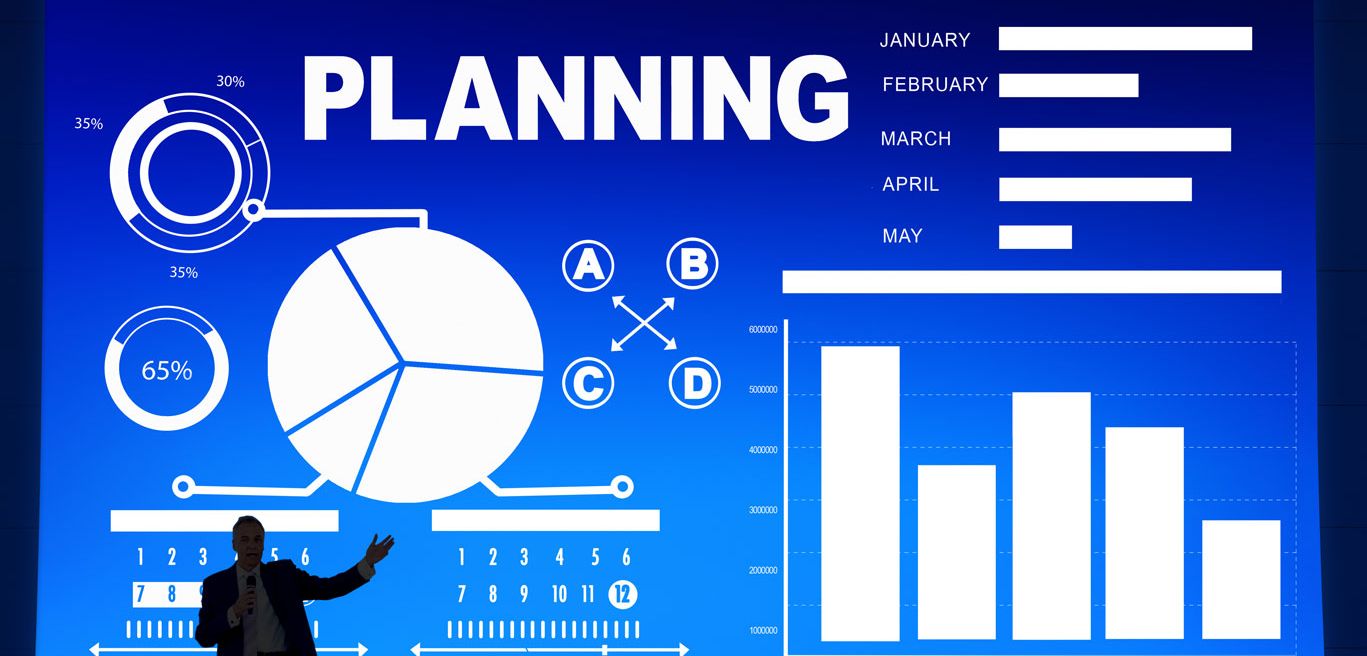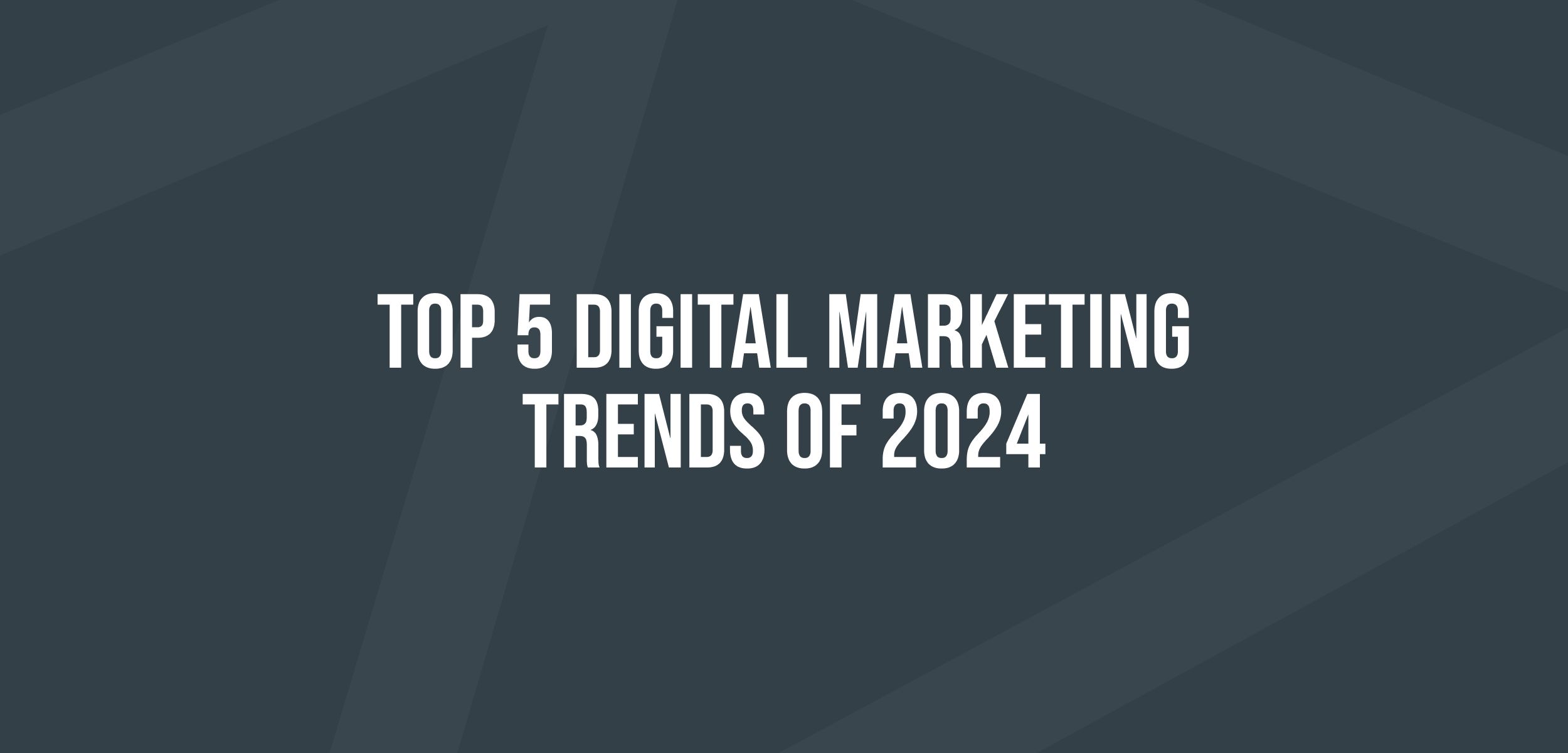
Strategic market planning for optimum mROI in 2016
Strategically, the time-honoured magic questions – who, what and why – are critical to any digital marketing strategy. Whatever marketing platforms you intend to use in 2016, and whichever channels you plan to employ, these fundamental questions remain central.
That is because your target audience is human, so applied psychology will be key to every part of your strategic planning, as resonance and engagement will need to be precursors to your strategic marketing plan if you are to be successful next year.
The three precepts of digital strategy
While some client-side marketers become perplexed when considering the spectrum of marketing platforms and array of communication delivery channels available, the reality is what really matters is addressing fundamental questions and setting primary market targets.
These questions are completely logical and, if approached with a coherent methodology, will provide a great foundation on which to develop your plan. Who are we targeting? What do they want? Why should they care?
We can use these three questions to develop an outline strategy:

While some client-side marketers become perplexed when considering the spectrum of marketing platforms and array of communication delivery channels available, the reality is what really matters is addressing fundamental questions and setting primary market targets.
Who are we targeting?
Demographics are an absolutely key part of the initial planning and targeting process as this forms the basis of everything that follows. You cannot develop a strategic marketing plan without a very clear vision of exactly who you are talking to.
This plan will be borne – at least initially – from your original data, and can encompass such information within your target business sector as job title, business size, role and responsibilities and geographic location. Whatever data you have; this can be segmented to categorise prospects.
But this is just the starting point, as when you get your plan rolled out, you will be developing strong interactive relationships and dialogue with your prospects and will be continually asking for more detailed information from them.
And there is good reasoning around this continual request for information: we no longer live in the age of push marketing, so today this received information is used to help prospects through their buying journey. Information helps you guide your prospects to a purchase.
What do they want?
Well, if you’ve read the above, you will know that continually gaining further information on what your prospects think will guide you to knowing exactly what they are looking for, and in turn help you guide them to that specific need or aspiration and a successful purchase.
But to ensure success in this continual phentermine progression, it needs to be a dynamic process and, as the marketing year continues, prospect data will require evolution and development into fully formed buyer personas which can be used to model your prospect communications.
This is known as progressive profiling.

Why should they care?
If diligent research and categorisation was carried out in the initial strategic marketing planning stage, and that information was used to interact and learn through progressive profiling, you will have created a level of prospect engagement that means at this stage they really do care.
It also means that these engaged prospects will be either very close to or actually buying from you now, so a level of mROI will be apparent in your enterprises’ revenue stream. How much mROI and how to further optimise it is another critical question.
How do you measure success?
The fact is that if you have addressed the three questions above, and fulfilled the tasks they inform, then your marketing strategy should be generating mROI.
But how much in relation to your financial projections, how much further it can be optimised under current marketing plans and how long these revenue streams will continue needs to be understood.
To measure this data and to fully understand where you are now and where you need to go to continually optimise your strategy requires detailed data analysis.
Your digital agency partner should have the analytical expertise to provide highly detailed and valuable insight into prospect and customer behaviour and in doing so, help you in your planning for further success in 2017.
Novacom is an award winning B2B digital marketing and customer experience agency focusing on delivering transformation initiatives that deliver real value for our global clients.
© 2024 Novacom Group Limited. All rights reserved. Legal and Privacy



